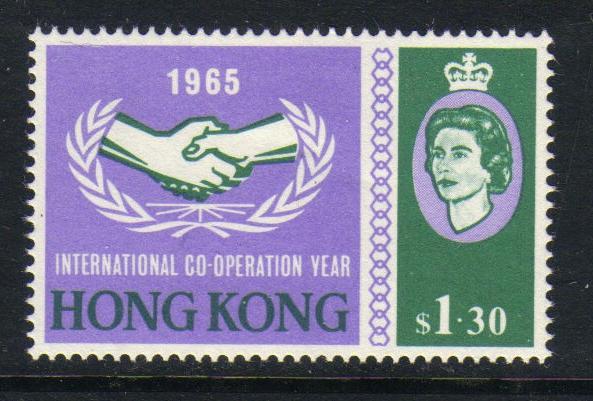Exploring Current Events in Hong Kong: Change and Uncertainty

The Importance of Hong Kong
Hong Kong, known for its iconic skyline, vibrant culture, and historical significance, continues to be a focal point of global attention. As a leading financial center and a gateway between the East and West, the developments in this city are critical not only for its residents but also for international stakeholders. With recent political, social, and economic changes, understanding the current landscape in Hong Kong is vital for those tracking geopolitical trends.
Political Developments
In recent months, Hong Kong has witnessed a series of significant political transformations. The implementation of the National Security Law in 2020 marked a pivotal moment, reshaping civil liberties and political discourse. The law has led to heightened tensions between authorities and pro-democracy advocates, leading to mass protests and international scrutiny. Recently, in light of these tensions, the Hong Kong government has begun to engage in what it calls ‘patriotic education’ to foster loyalty to the state among its youth, a move that has drawn criticism from various human rights groups.
Economic Context
Economically, Hong Kong is facing a turbulent recovery amidst the aftermath of the COVID-19 pandemic and ongoing global supply chain disruptions. Despite these challenges, the city remains resilient. According to recent reports from the Hong Kong Monetary Authority, the economy is expected to grow by 3-5% in 2023. The government is actively promoting the finance and tech sectors, aiming to solidify its status as a leading global hub. Economic stimulus packages are under consideration to support businesses affected by the pandemic as well.
Social Issues and Public Sentiment
Socially, public sentiment in Hong Kong has evolved dramatically, with younger generations increasingly dissatisfied with the current political climate. Recent surveys indicate that a considerable portion of the population feels that their voices are being suppressed. Events commemorating the 2019 protests continue to occur, even as authorities attempt to restrict such gatherings. This social unrest highlights a generational divide in how citizens view democracy and governance.
Conclusion: The Future of Hong Kong
Looking ahead, the future of Hong Kong remains uncertain. The interplay between economic recovery, political stability, and social change will greatly influence its trajectory. For residents, expatriates, and international businesses, monitoring these developments closely is essential. As Hong Kong stands at a crossroads, the decisions made today will shape the city’s identity and role in the world for years to come. The ongoing struggle between personal liberty and state control will define not only the climate within the city itself but also its standing as a critical pivot in global politics.









